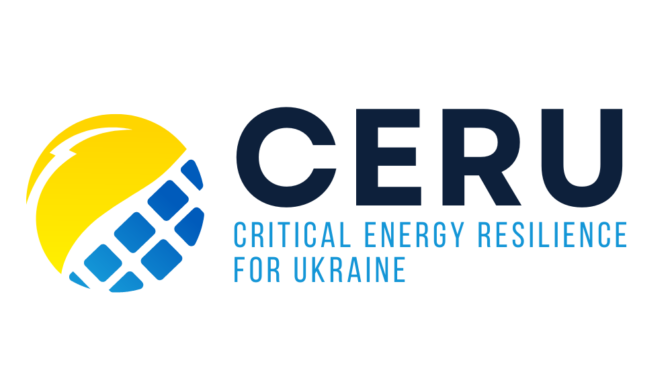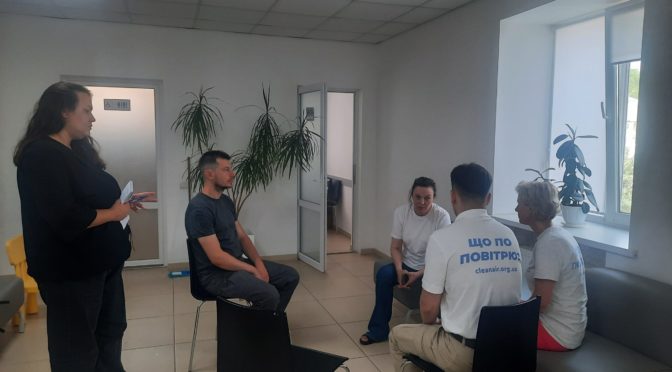Категорія: Енергетика
-

У Дніпрі відбудеться тренінг з відновлюваної енергетики
Мешканці Дніпропетровської області зможуть навчитися базовим навичкам з монтажу, управління та користування сонячними станціями. А ще їм розповідатимуть про відновлювану енергетику. Усе це відбудеться на тренінгу, який організовує ГО «Зелений Світ – друзі Землі» в рамках україно-британського проєкту Critical Energy Resilience for Ukraine (CERU). Тренінг запланований на 5 діб. Навчання відбуватиметься з 19 по 23 серпня…
